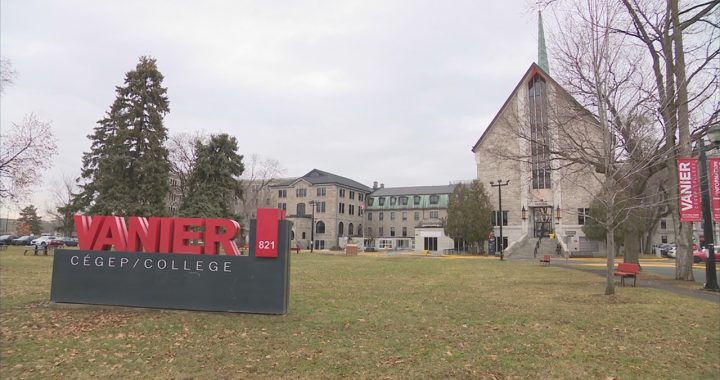An Inuk pastor in Ottawa says misguided opposition to a new building for Inuit from Nunavut in Ottawa for medical appointments is just plain hurtful.
“I was shocked,” said Manitok Thompson after a key vote from Ottawa’s city council allowing Larga Baffin to move and expand its services. “I was totally shocked from the public reaction. We’re not criminals, otherwise, we would be in jail. And to be treated like we’re all dysfunctional families, we’re dysfunctional people, drug addicts, drunks – it’s shocking.”
Thompson serves as the pastor for Larga Baffin which is set to build a new 220-room facility in the city’s south end.
Larga Baffin’s current west end facility is only able to accommodate 200 people while the new building will bump this to 350 people.
Thompson says the extra space is desperately needed.
“Any disease you can think of, Inuit go to Larga to stay but because there’s a lack of space there’s other hotels that are being used as overflow,” she says.“ And sometimes relatives are divided because they can’t find space for them in that building. It’s a very crowded building.”
But not everyone is on board with Larga Baffin’s proposed new location on a major street in the south end of the city.
Some local residents oppose the proposed project charging it will cause traffic congestion, change the residential nature of the area and lead to social problems.
Read More:
Ottawa city councillor says opposition to Larga Baffin proposal ‘offensive’
Thompson and others note Larga Baffin residents will not be driving their own vehicles but will be taken to and from medical appointments by shuttle buses.
Furthermore, she says Inuit staying there just want to be as comfortable as possible and part of a community while they adjust to being so far away from home.
Ottawa city council voted unanimously Wednesday morning to approve Larga Baffin’s new building proposal.
Even local councillor Diane Deans, who initially opposed the project, voted in favour after getting an amendment passed to have the city do a future land-use study on adjacent vacant lands.
“I was very pleased that planning committee made a number of improvements and I thank them for doing that,” she said. “I would have liked to see more dialogue between the applicant and the community and there’s certainly a lot of work to be done at the site plan stage but it is certainly my hope that the community and the applicant will develop a meaningful and long-lasting relationship into the future.”










